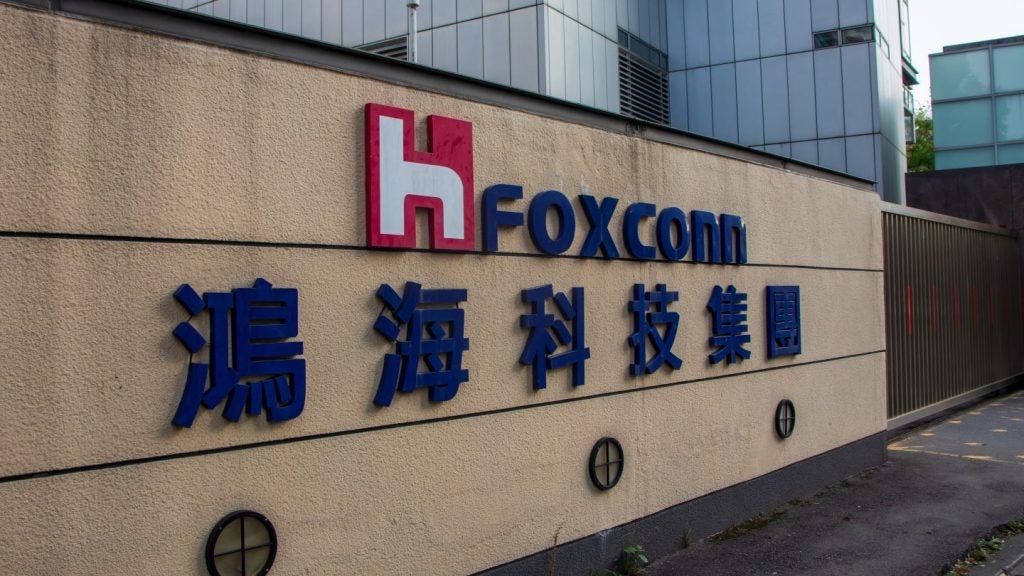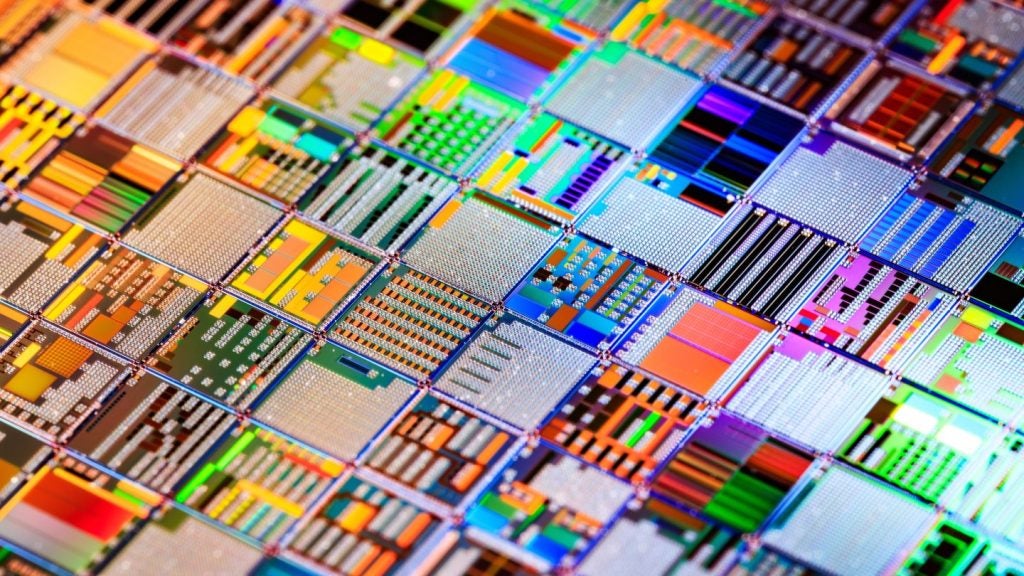
Apple has announced a new multibillion-dollar agreement with chip manufacturing company Broadcom for components made in the US.
Specifically, the multi-year agreement will see Broadcom develop 5G radio frequency components, including FBAR filters and other wireless connectivity components for Apple.
The FBAR filters will be designed and manufactured in US-based technology hubs, including Fort Collins, Colorado, which is home to Broadcom’s major facility
The partnership is part of Apple’s efforts, announced in 2021, to spend $430bn in the US over five years
Apple CEO Tim Cook said: “We are thrilled to make commitments that harness the ingenuity, creativity, and innovative spirit of American manufacturing.
“All of Apple’s products depend on technology engineered and built here in the United States, and we will continue to deepen our investments in the US economy because we have an unshakable belief in America’s future.”
How well do you really know your competitors?
Access the most comprehensive Company Profiles on the market, powered by GlobalData. Save hours of research. Gain competitive edge.

Thank you!
Your download email will arrive shortly
Not ready to buy yet? Download a free sample
We are confident about the unique quality of our Company Profiles. However, we want you to make the most beneficial decision for your business, so we offer a free sample that you can download by submitting the below form
By GlobalDataThe iPhone maker said that its existing partnerships with Broadcom already help support 1,100 jobs in Broadcom’s FBAR filter manufacturing facility in Fort Collins.
With the new partnership, Broadcom will be able to invest in key automation initiatives and train technicians and engineers, it added.
“Broadcom has agreed to supply Apple with specified components and modules for Apple products and to maintain and allocate to them sufficient manufacturing capacity and other resources to make these products,” the chip maker said in a stock filing.
Earlier this week, Applied Materials, which supplies tools for semiconductor manufacturing, said that it will invest $4bn in a US-based chip research and development facility.
Last year, the US government approved the US Chips and Science Act, allowing it to provide over $52bn in subsidies to promote domestic chip development.







